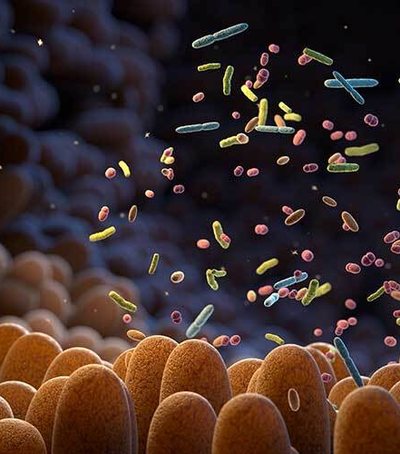
A recent study published in the journal Science shows that limiting sugar consumption during the first 1,000 days of life — from conception to the age of two — can significantly reduce the risk of developing type 2 diabetes and hypertension in later years, delaying the onset of these diseases by several years.
The study “Exposure to sugar rationing in the first 1000 days of life protects against chronic disease” analyzed data from the UK Biobank, using the historical case of sugar rationing during World War II in the United Kingdom.
Key discoveries
1. Reduced risk: Limiting sugar in the first 1,000 days was associated with a 35% reduced risk of developing type 2 diabetes and a 20% reduced risk of hypertension.
2. Delay in onset: Type 2 diabetes appeared on average 4 years later, while hypertension appeared 2 years later.
3. Impact during pregnancy: Even restricting sugar only during pregnancy had a significant effect, showing the importance of early intervention.
Importance
The study highlights that early life eating habits play a crucial role in long-term health. It supports current guidelines that recommend limiting sugar intake during the first 1,000 days of life as a way to prevent chronic diseases and enhance well-being in adulthood.





